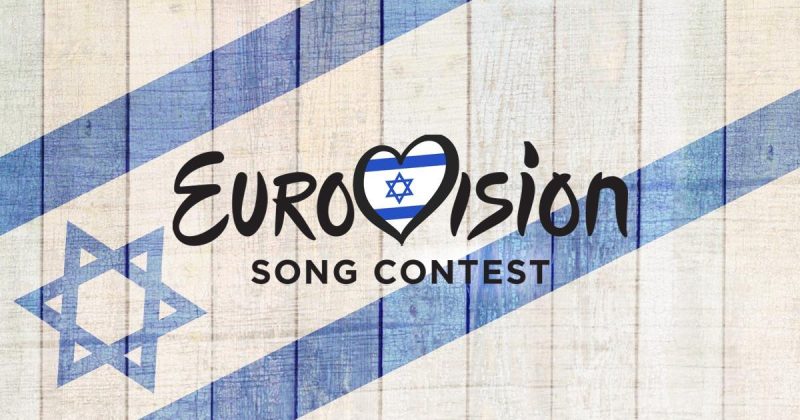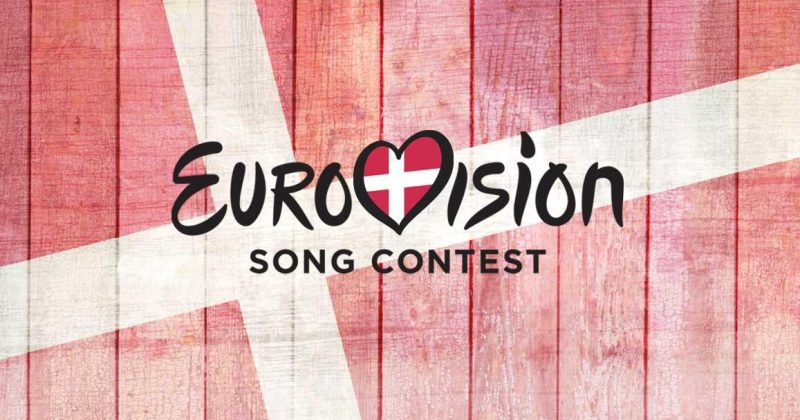
The Israeli national broadcaster KAN, representing Israel in the EBU and Eurovision, has not confirmed reports of being offered to compete in Eurovision 2026 under a neutral flag amid boycott threats.
The board’s chairman of the Icelandic national broadcaster, Stefán Jón Hafstein, recently declared that the broadcaster intends to use the new EBU withdrawal deadline and postpone a final decision about participation until December 2026, when it will be clear if Israel is allowed to compete at Eurovision. Despite Iceland’s own reservations regarding Israeli participation, Jón Hafstein revealed that several countries have demanded Israel’s representation at Eurovision 2026.
In the past week, Slovenia, Ireland, and the Netherlands officially declared they would boycott Eurovision as long as Israel continues to participate as usual. In addition to these three nations, Iceland and Spain have hinted that they may withdraw from the contest as well, if Israel competes. Reports suggest that, in response, the EBU has informally proposed two options to Israel: a temporary withdrawal or taking the stage under a neutral flag. KAN has not confirmed these details.
Ran Boker, a Ynet correspondent, reported that sources connected to Eurovision suggested these two proposals to avoid what was described as “a humiliating disqualification”. According to the publication, the neutral flag in question would be that of the national broadcaster KAN, perceived as acceptable to European broadcasters compared to Israel’s government and its policies.
However, KAN is not expected to agree to a “neutral flag” requirement, nor to a voluntary one-year withdrawal, fearing it would create a precedent for permanent exclusion. Another unofficial proposal reportedly suggested that KAN issue a statement condemning the government and the military. Naturally, such a demand is also unlikely to be realized. The broadcaster has denied receiving such proposals.
Unusual proposals have also come from Stefán Jón Hafstein, chairman of the board of the Icelandic national broadcaster RÚV, who previously called for Israel to be banned from Eurovision 2026. He even suggested permitting only independent Israeli artists to compete under a neutral flag, preventing them from displaying Israel’s national flag on stage. He further proposed that Israeli artists be required to publicly commit to the core values of Eurovision, including strong support for global human rights.
Decision Expected at December EBU Assembly – Probably on December 4th
The EBU confirmed today that its 95th General Assembly will take place in Geneva on December 4th–5th. It has not yet been confirmed whether a vote on Israel’s participation will occur, but it is likely the issue will be put to a vote during the session. Typically, the first day of the assembly is devoted to formal matters, meaning the vote on Israel’s participation may take place on December 4th. If the assembly ends without a vote on Israel, this would mean that Israel will participate in Eurovision 2026 in Vienna, Austria, as no later opportunity will exist to hold a vote prior to the contest.
Israel at Eurovision 2025
“New Day Will Rise” is the song performed by Yuval Raphael, who was chosen to represent Israel after winning the 11th season of “HaKokhav HaBa”. Israel advanced to the final after winning the second semi-final with 203 points and finished second overall with 357 points in the grand final. Israel ranked first in the public vote but only 14th with the jury. This marks the third consecutive year that Israel has reached the top five – an unprecedented achievement.
Eurovision 2026: This will be Israel’s 48th participation in Eurovision. Israel joined the contest in 1973 and has won four times. Its most recent victory was at Eurovision 2018 with the song “Toy”, performed by singer Netta Barzilai.

Email: [email protected]
Phone: +972-50-9441919
Ilay Gaist is a leading Israeli content creator and writer specializing in the Eurovision Song Contest. He is a well-known commentator with extensive expertise in the contest’s history, rules, and dynamics. His passion for Eurovision drives him to deliver rich, professional, and innovative content to his audience.
Ilay holds a bachelor’s degree in Arabic and has a multilingual background. He also engages in cultural research, with a particular focus on global culinary traditions and the evolution of local cuisines around the world.









